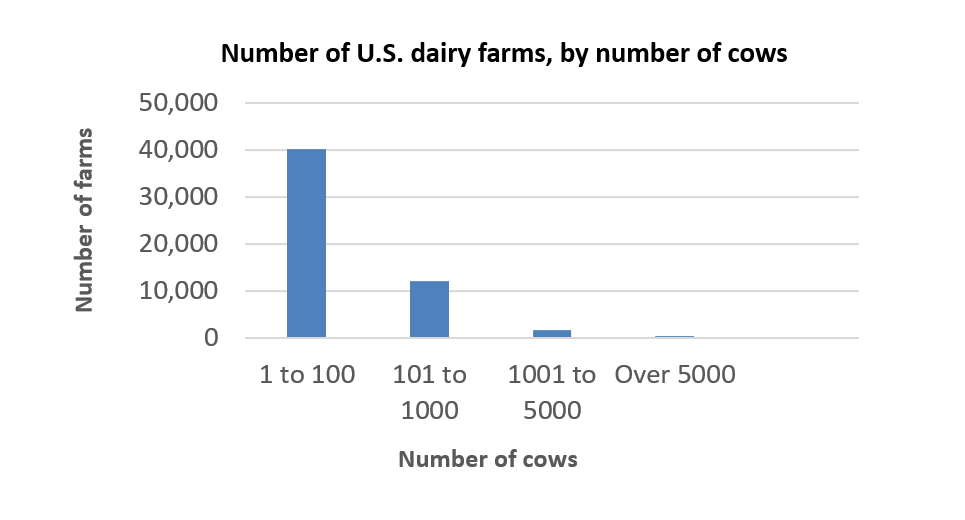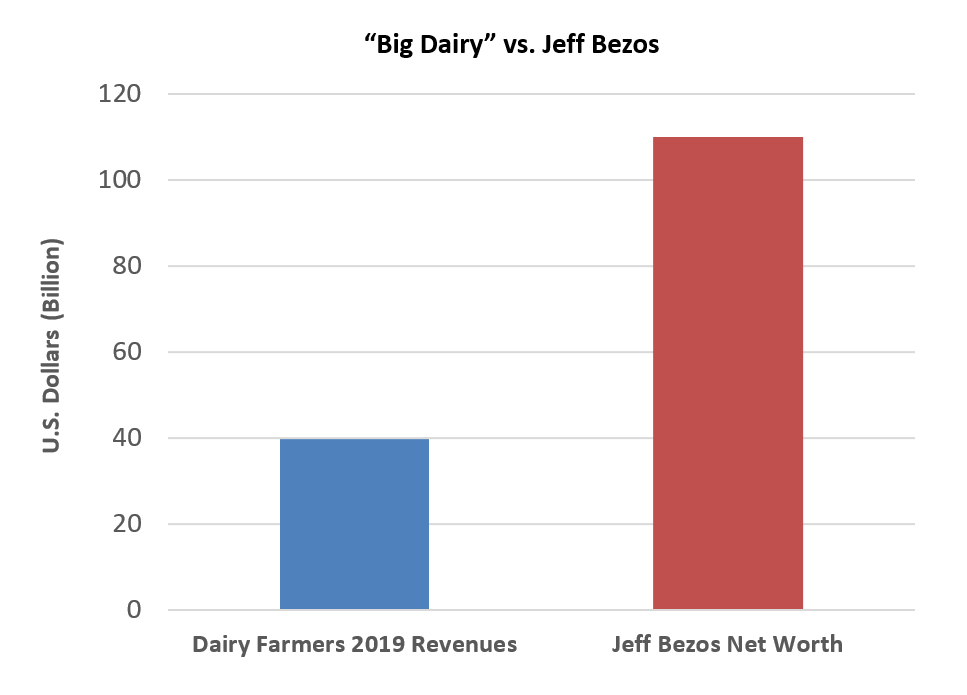Dairy farmers ended 2019 with a string of positive steps that have set the stage for more progress in 2020 – progress that, with just a few more steps, will mean real gains for U.S. dairy producers.
The success that’s closest in sight is final congressional approval of the U.S.-Mexico-Canada Agreement (USMCA) to succeed NAFTA. Thanks to some fruitful negotiations between the White House and House Democrats, the House approved the agreement December 19, just in time to raise some holiday cheer before Christmas. Dairy’s gains under USMCA would be substantial – an estimated $528 million in increased revenues over the agreement’s first six years, as well as protection for common cheese names and enforcement mechanisms to ensure repeal of Canada’s problematic Class 6 and Class 7 milk price schemes.
This achievement wouldn’t have occurred without the patient determination of trade advocates in Washington – including our own staff in collaboration with the U.S. Dairy Export Council and the entire dairy community – and the grassroots efforts of farmers across the country. Still, the effort isn’t over. Senate Majority Leader Mitch McConnell has said no Senate vote on USMCA will occur until after an impeachment trial is finished early next year.
We’re hopeful this delay won’t be long. But they’re always nerve-wracking, as political tectonics can shift quickly, especially in a presidential election year. Until the ink is dry from President Trump’s pen, we won’t let up in advocating for USMCA’s passage. It’s already come a long way. 2020 will see an immediate, final push for passage, and we will continue to lead that effort.
The next December accomplishment that will require more lift in 2020 is agricultural labor reform. The House reached an important milestone on December 11, when it approved its first farm-worker labor package since 1986. That, along with Senate passage of agricultural guest-worker provisions in a failed immigration reform effort in 2013, have been the closest Congress has come toward resolving the agricultural labor crisis in more than a generation.
We supported the House bill because it would create a workable guest-worker program for dairy, a major improvement over current policy. The overall bill is far from perfect. But it can only be improved – and a final law passed – if the Senate passes its own plan, which then opens a path for negotiation and modification with the House. That places our focus on the Senate as it crafts its own legislation. Such legislation is essential to alleviate dairy’s unique labor needs. It will be important in coming months for the Senate to pass a bill, then work through a conference committee to achieve final congressional approval. It is a tall order, but a necessary one, and one we feel is possible in 2020.
Finally, we are encouraged by the arrival of new leadership at the U.S. Food and Drug Administration (FDA). Through his statements in a colloquy with Senator Tammy Baldwin at his confirmation hearing, Dr. Stephen Hahn showed an understanding of the importance of mislabeled plant-based beverages as a public-health issue, pledging to explore the issue of fake dairy immediately after his confirmation. With the facts, public opinion and a significant part of the marketplace on our side, it’s crucial to keep this item on the FDA’s agenda in 2020 and usher in its successful resolution.
Securing FDA enforcement of rules against misuse of dairy terms on plant-based products has long been difficult — not because it’s unimportant, but because the FDA’s wide portfolio, which ranges from opioids and teen vaping to drug approvals and food-safety inspections, makes it easy for other important matters to be brushed aside. That simply can’t happen this time. Given the attention paid to it by Hahn’s predecessor, Scott Gottlieb, increased consumer interest in this issue, and congressional urging to get the job done, 2020 is a golden opportunity for real progress in the regulatory fight against dairy imposters.
On each of these issues, we have the power to influence. On our website, we have pages that help direct response on these and other important issues. Engagement is crucial in the year ahead. As always, we will devote our full resources to the betterment of our members, and we hope for your help as well.
Happy New Year. We’ve made a lot of progress. The best is yet to come.









